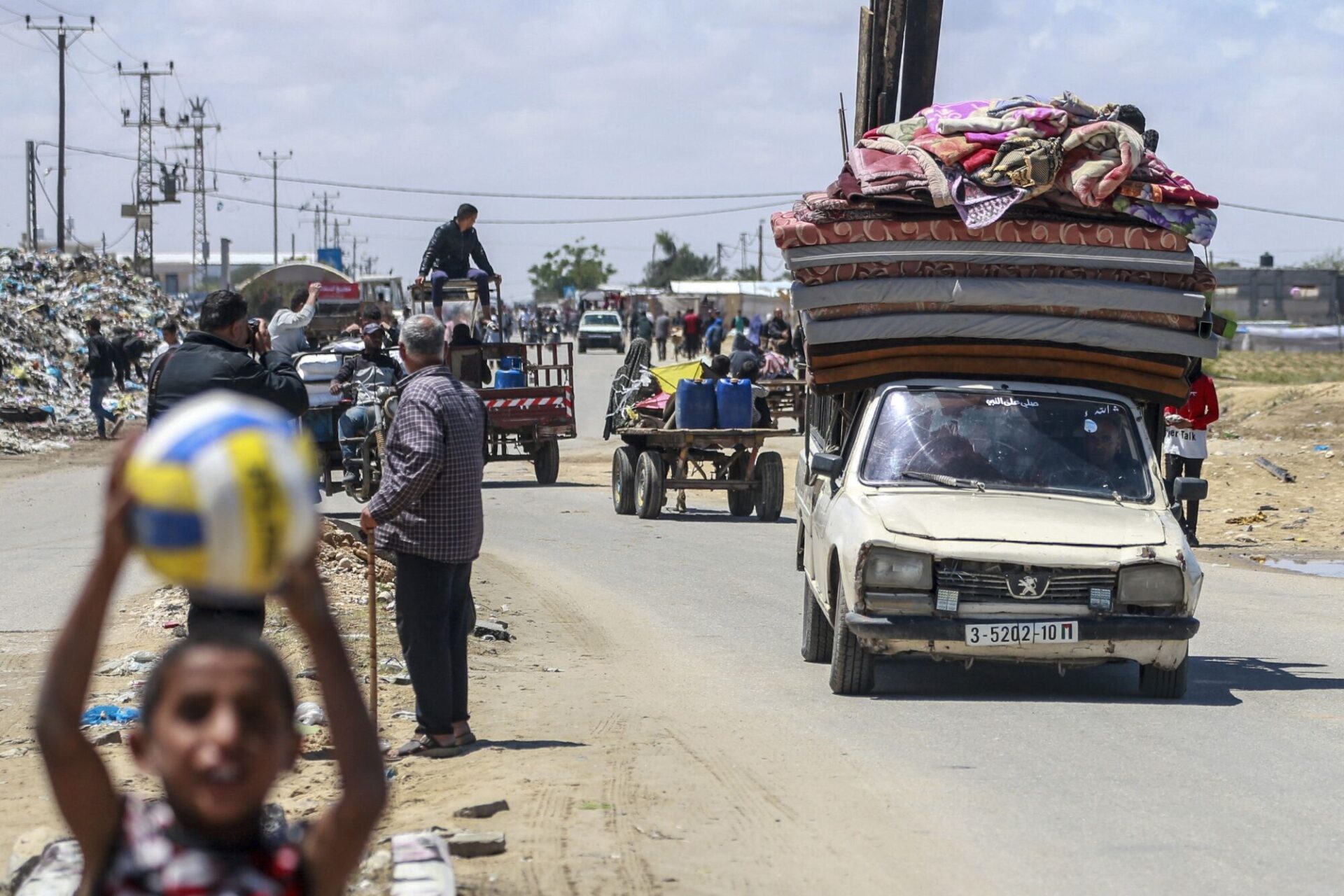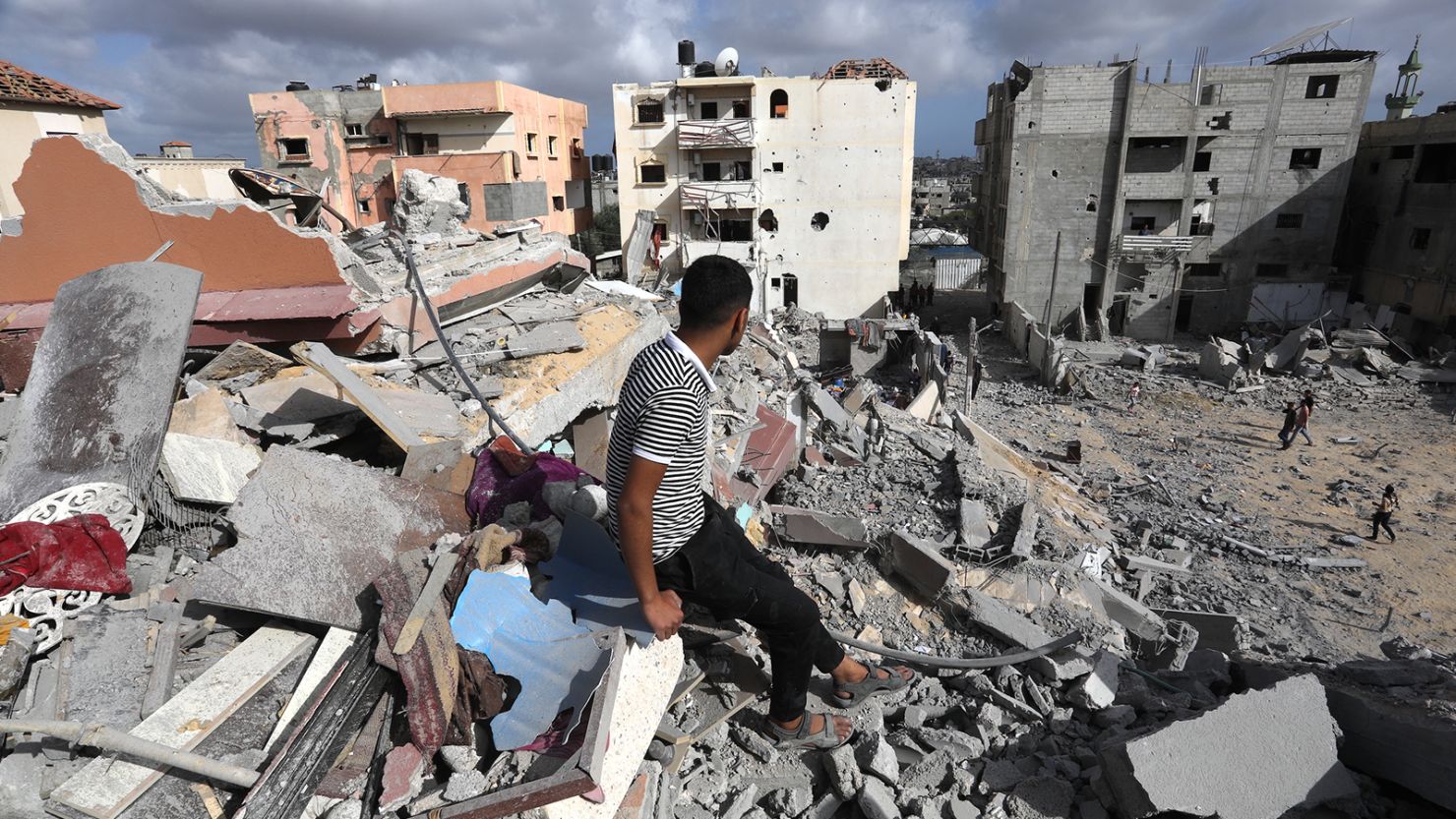- Japan Sets Sights on Africa As a Top Investment Destination
Focus for the longest time has been on China’s domination when it comes to investments in Africa. While true that China leads the pack when it comes to investments, Japanese investments are becoming increasingly popular as the island nation looks to explore the continent’s untapped resources.
While Japanese African relations trace back to the 1960’s, it is only now that the economic powerhouse appears to have started taking a keen interest on what the continent has to offer when it comes to investment opportunities.
Japanese investors are increasingly showing great interest in setting up companies and financing other businesses around the continent. The result has been win-win situations for both.
Japan’s investments are becoming increasingly popular in part because of the country’s balanced trade across the continent. In 2017 the country exported $7.5 billion worth of goods to Africa and imported $8.3 billion.
South Africa Top Destination for Japanese Investors
While China has sought to spread its investments around the continent, Japanese investors appear to be maintaining a keen interest in some markets, more than others. According to data compiled by Asoko Insight the Japanese Ministry of Foreign Affairs and the Japan External Trade Organization, South Africa remains a top investment destination for Japanese investors.
According to data compiled by JETRO and analysed by Asoko Insight, there were about 738 Japanese companies registered in the Content as of the end of last year. Almost half of the companies, at 354, had their investments distributed across South Africa.
Most of the Japanese companies in Africa operate either as wholly owned subsidiaries or in partnership with local companies. Some of the companies are also believed to have formed alliances with foreign firms particularly from Asia and Europe.
Away from South Africa, Japanese company’s presence is also being felt in North Africa which happens to be the next top investment destination. In North Africa, there were about 138 Japanese companies representing 7.3%. East Africa comes third with about 120 Japanese companies followed by West Africa with 114 companies.
Areas of Investments
When it comes to investment areas, Manufacturing remains a top investment area with the JETRO Survey indicating about 315 companies involved in such operations. A quarter of the companies employ more than 51 staff with the others employing 50 or less.
Energy and mining are the two most popular investment areas for Japanese companies in the continent. The companies are in pursuit of fresh raw materials in the form of mineral resources that would keep their country’s industries up and running.
Why Africa?
Increased investments in Africa are part of a bigger plan of gaining access to markets for finished products back at home. The island nation plays host to some of the biggest companies in the world.
Faced with competition in developed markets, Japanese’s companies have had to look for new markers elsewhere, with Africa emerging as an exciting prospect in this case.
The continents market size is another attribute that appears to be fuelling investments according to JETRO Survey. Other factors include the vast continent portfolio of untapped natural resources. Pursuit of natural resources in Africa does not come as a surprise given that the country is not the most endowed on this front.
Asoko Insight is a data and information services company operating across Africa. Asoko is bridging the information and data gap across the continent, focussing on delivering the best corporate data and analytics platform of African private companies for market mapping, due diligence and investment needs.

 Naira4 weeks ago
Naira4 weeks ago
 Naira3 weeks ago
Naira3 weeks ago


 Naira4 weeks ago
Naira4 weeks ago




 Naira3 weeks ago
Naira3 weeks ago
 Commodities4 weeks ago
Commodities4 weeks ago


 Sport Business4 weeks ago
Sport Business4 weeks ago


 News3 weeks ago
News3 weeks ago


 Banking Sector4 weeks ago
Banking Sector4 weeks ago
























